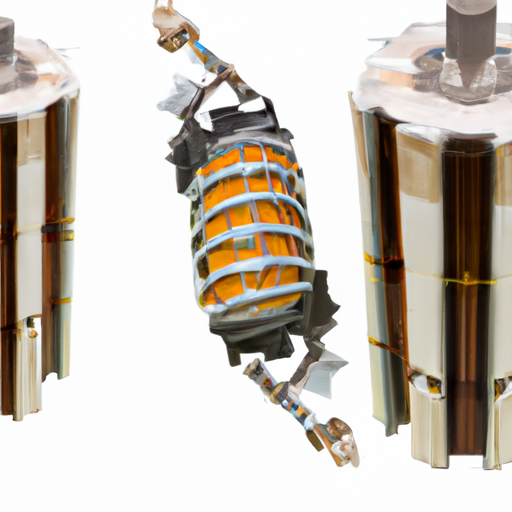ECS-F1HE155K Transformers: Core Functional Technologies and Application Development Cases
The ECS-F1HE155K Transformers, like many transformer models, exemplify the advancements in artificial intelligence, particularly in natural language processing (NLP) and beyond. Below, we delve into the core functional technologies that underpin transformers and explore various application development cases that highlight their effectiveness.
Core Functional Technologies of Transformers
| 1. Self-Attention Mechanism | |
| 2. Positional Encoding | |
| 3. Multi-Head Attention | |
| 4. Layer Normalization | |
| 5. Feed-Forward Neural Networks | |
| 6. Residual Connections | |
| 1. Natural Language Processing (NLP) | |
| 2. Computer Vision | |
| 3. Speech Recognition | |
| 4. Reinforcement Learning | |
| 5. Healthcare | |
| 6. Finance |
Application Development Cases
Conclusion
The ECS-F1HE155K Transformers and their foundational technologies have demonstrated remarkable effectiveness across a wide range of applications. Their ability to process sequential data, capture complex relationships, and adapt to various domains positions them as a cornerstone of modern AI development. As research and innovation continue, we can anticipate further advancements and novel applications of transformer technology across diverse fields, enhancing our capabilities in understanding and interacting with complex data.






